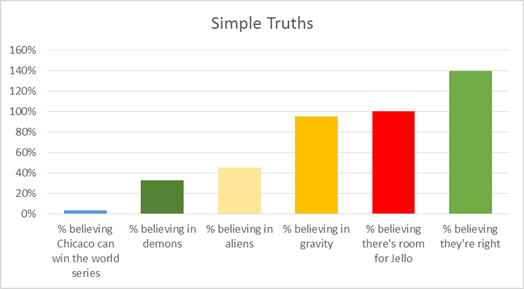If you’ve ever played poker, and probably even if you haven’t, you’ve heard about the concept of tells. Every player, it’s said, has little physical cues they give that indicate whether their hand is a good one or a bad one. These cues are unconscious, a quick scratch of the nose or tiny movement of the face. Clearing a throat or a slight widening of the eyes. Savvy players learn to recognize these tells in their opponent, and even savvier ones can fake them to induce others to believe their hand is better or worse than it really is. Hence the concept of a poker face, a face and body language that give away nothing to the opponent.
Writers have tells as well it turns out. Every writer unconsciously favors certain words or metaphors, finds certain sentence or structures or syntax more appealing. This can extend even to broader topics, like plot or themes, than the writer likes to explore over and over again. Unlike in poker, these tells aren’t always a bad thing. In fact, they constitute part of the author’s voice, that often-mentioned attribute that makes every writer different from every other, even if they were all given the same topic to write about.
But improperly managed, your writerly tells can drag readers out of the careful illusion you’ve created. And some habits writers have are just generally bad ones, and should be culled from a manuscript as much as possible. That’s why it’s critical that every writer understand their own tics and tendencies. In an old post, I talked about writing science fiction, and how I tried to be cognizant of when I was inserting bad science, that I was willing to do so for the sake of strengthening the story, but that I wanted to be aware of doing so. It’s the same thing for your writerly tells. You want them to be in there intentionally, but you don’t want your story to be so thick with them that it reads like a parody of your writing and draws the reader out of the story.
This self-awareness process can be a painful one, particularly if you are self-conscious about your writing (so, if you’re a writer). And for that reason, you shouldn’t worry too much about it in your first draft, unless your tics are so broad they encompass your entire plot, but I’ll talk about that more below. But once it’s time for edits, cringe-inducing or not, figure out the words and turns of phrase you overuse. Perform a find function and grimace as it returns 73 instances. Then you can grimly soldier through them with your editing machete, hacking them down to only what is required. I usually leave this as one of the last steps, lest I cull most of my repetitions only to reintroduce them with later edits.
Repeating yourself at a plot or thematic level can be harder to avoid, but can also be easier to manage. Plenty of authors explore the same broad themes over and over again, and plenty of stories follow the same plot beats as other stories in their genre. Generally, you want to keep these repetitions as broad as possible. If you love exploring the themes of parents estranged from children, for instance, characters like that will probably keep cropping up in your work. But this is a broadly applicable, very human theme that lots of people will be able to relate to, so I wouldn’t worry too much about things like that. Now, if the specifics of each of your estranged parents stories start looking too similar, you’ll need to start finding ways to make them different. That’s when it goes from a writing style and voice to something I call self-plagiarism.
You’ll never get rid of all your tics, of course. And you wouldn’t want to. The very foundations of your stories are built from the tendencies of your thought and feelings, so tearing all of that away will simply leave you with no story to tell. But their can be and should be a balance. It’s really annoying to specifically look for and confront the crutches you use to tell stories, but it’s what you have to do in order to level up in your writing.
About the Author:
Gregory D. Little began his writing career in high school when he and his friend wrote Star Wars fanfic before it was cool, passing a notebook around between (all right, during) classes. He is the author of the Unwilling Souls series, as well as stories in the A Game of Horns, Dragon Writers, and Undercurrents anthologies. He writes the kind of stories he likes to read, fantasy and science fiction tales featuring vivid worlds, strong characters, and smart action all surrounding a core of mystery. He lives with his wife and their yellow lab.
You can reach him at his website (www.gregorydlittle.com), his twitter (@litgreg) or at his Author Page on Facebook.

 As my fellow Fictorians are showing you so far this month, there are many ways to set yourself apart as a writer. In my mind, the most memorable way to set yourself apart is voice, to the surprise of no one. In past posts, I’ve highlighted how you might
As my fellow Fictorians are showing you so far this month, there are many ways to set yourself apart as a writer. In my mind, the most memorable way to set yourself apart is voice, to the surprise of no one. In past posts, I’ve highlighted how you might 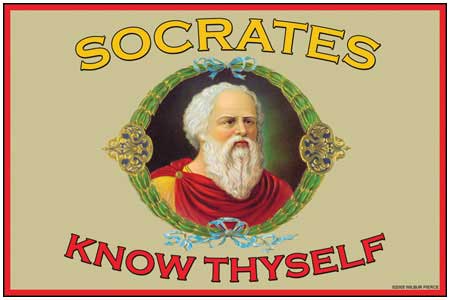
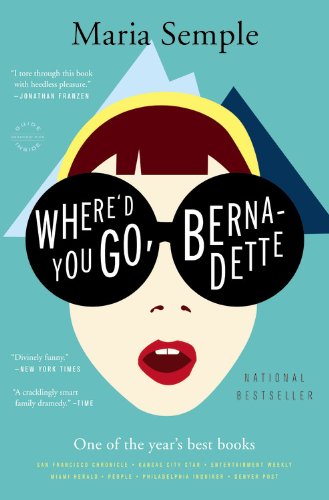
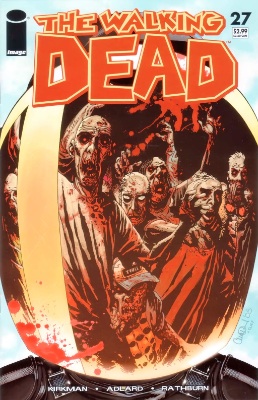 Robert Kirkman
Robert Kirkman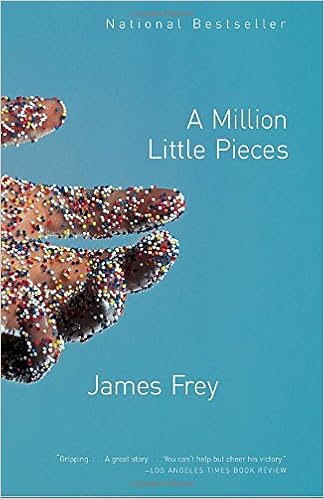 I would be remiss if I didn’t point out an author I’ve mentioned many times in my Fictorians posts who is, in my mind, the king of grammatical voicing:
I would be remiss if I didn’t point out an author I’ve mentioned many times in my Fictorians posts who is, in my mind, the king of grammatical voicing: 
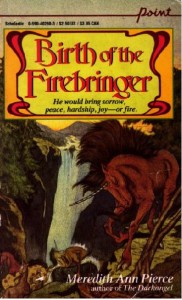
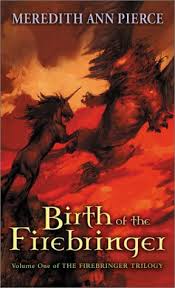
 The music was a dirge, some long-forgotten Celtic lament full of wailing. It washed over me like surf over a half-buried corpse at low tide. Ira stood behind the bar cleaning the same glass he’d been running a dirty towel over for the past ten years.
The music was a dirge, some long-forgotten Celtic lament full of wailing. It washed over me like surf over a half-buried corpse at low tide. Ira stood behind the bar cleaning the same glass he’d been running a dirty towel over for the past ten years.